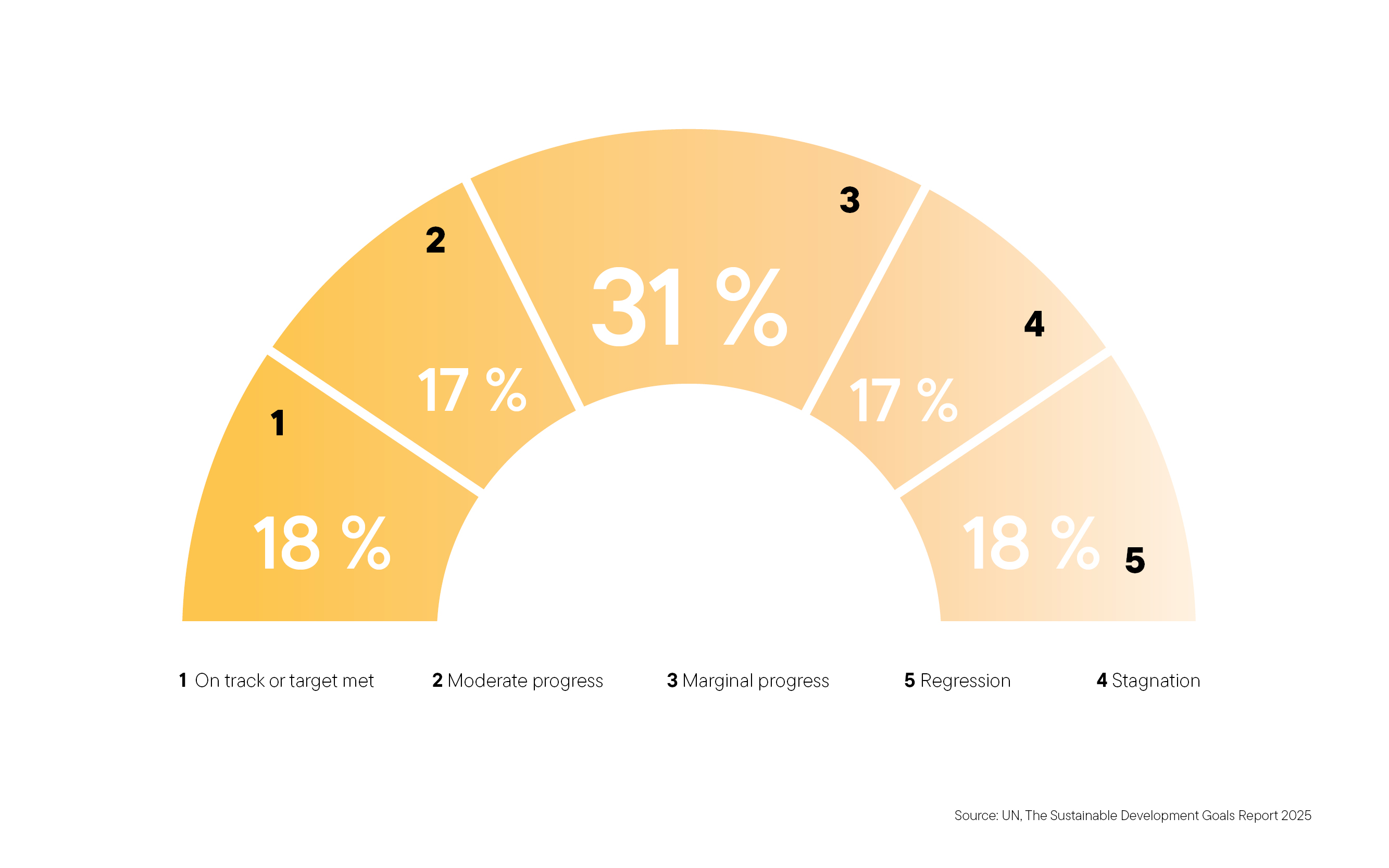Old insights, new wrapping
Edward Newman and Oliver Richmond (Eds.):
Challenges to peacebuilding.
Managing spoilers during conflict resolution.
United Nations University Press, Tokyo 2006, 342 p.,
$ 37.00, ISBN 92-808-1126-6
For some years now the international community has been trying to promote peace processes in a growing number of violent conflicts. They have had little success, however. Lengthy negotiated resolutions often fail when implemented. So-called “spoilers” are one of the greatest problems. Spoilers are groups involved in a conflict, which seek to actively obstruct or delay a peaceful settlement – regardless of whether they resort to violence or not.
This book aims to throw light on such spoilers and their tactics. The introduction, in which the editors outline their research questions and introduce essential results, raises high expectations. A key emphasis is on identifying the general conditions that support or retard the emergence of spoiling behaviour. Another is the relationship between the nature of the conflict and the likelihood of certain spoiling strategies being adopted.
Seven articles in the first part of the book grapple with aspects of “new wars” and analyse, at a theoretical level, the extent to which the pre-1990 rules for successful negotiated resolutions still apply. For example, what are the consequences of the growing privatisation of violence, when the implementation of a peace accord depends on the negotiator’s powers of assertion?
Eight country analyses in the second section deal with conflicts in which international actors have been supporting peace negotiations over some time. The focus lies on fissures in the peace processes and on the chances of resolving them. The analyses contain interesting insights on ways to incorporate spoilers. They are relevant for vitalising international policy debate, which is currently characterised by dialogue restraints and terrorist lists.
The case studies do not provide an adequate basis, however, on which to compare the strategies and motives of spoilers. This shortcoming can be ascribed to weaknesses in the concept. It is not always clear how the individual articles relate to each other or to the main research questions.
After the introductory chapter raised such high expectations, the book’s final conclusions seem disappointing. The core message is that any of the powers affected by a conflict or peace process – local as well as foreign – can become spoilers.
The recommendations to “third parties” are not particularly surprising. They should have a clear idea of which of their suggestions could conflict with the interests of affected groups, or could strain their relationship. They should also understand – and be mindful of – the interaction between moderates and radicals, negotiators and their followers. According to the book, much potential for spoiling stems from such interaction.
In the given context, more specific recommendation in key issues are apparently not possible. Apart from isolated insights, therefore, the book offers little that is new. Nonetheless, by analysing the phenomenon of spoilers from many sides and in terms of individual peace processes, it enriches the debate on the factors which contribute to the success of these processes. (See also p. 208 in this issue.)
Angelika Spelten







